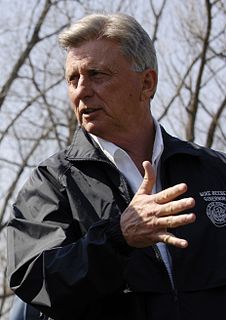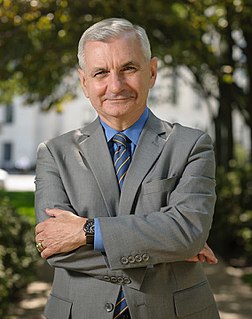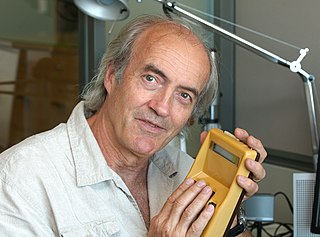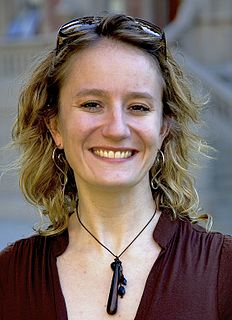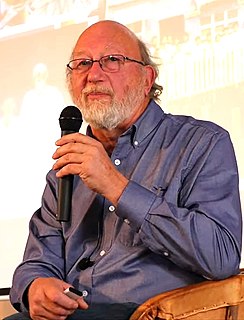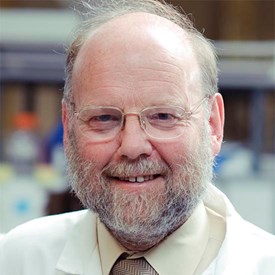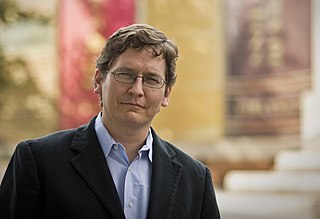A Quote by Bernard Haisch
Cut through the ridicule and search for factual information in most of the skeptical commentary and one is usually left with nothing. This is not surprising. After all, how can one rationally object to a call for scientific examination of evidence? Be skeptical of the skeptics.
Related Quotes
What is called for is an exquisite balance between two conflicting needs: the most skeptical scrutiny of all hypotheses that are served up to us and at the same time a great openness to new ideas. If you are only skeptical, then no new ideas make it through to you. On the other hand, if you are open to the point of gullibility and have not an ounce of skeptical sense in you, then you cannot distinguish useful ideas from the worthless ones.
Everyone is skeptical. Only the media are not skeptical, but, then, they were also not skeptical when the administration put out the line that coordinated embassy attacks around the globe on the anniversary of 9/11 were just rowdy movie reviews. Numbers on a TV screen won't prevent millions of Americans from noticing that they're unemployed.
Science is best defined as a careful, disciplined, logical search for knowledge about any and all aspects of the universe, obtained by examination of the best available evidence and always subject to correction and improvement upon discovery of better evidence. What's left is magic. And it doesn't work.
It's not wrong to be skeptical. I was one who participated in the debate on Iraq and voted against the resolution because I was skeptical of the intelligence. But that was based on looking at the facts, analyzing the case in as rational and as logical way as you can, not simply concluding or dismissing facts.
Over the last few decades, I've grown more skeptical about a few things in which I used to have more faith. I believe as much in the necessity of, and the possibility of, revolution as I ever did. At the same time, I've grown more skeptical about poetry's role in it or art's contribution to it, and I've grown more skeptical about the university. Universities are big companies, and they're disciplinary in the way that any big institution is. I've found that the political militancy that the professoriate has mostly been fairly repressive of what I take to be necessary politics.








